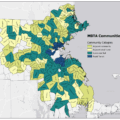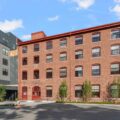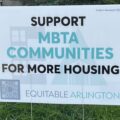(by Steve Revilak)
by Andy Greenspon
by Laura Wiener
by Steve Revilak
If subsidization proposals return to Boston and Massachusetts again next year, they will not be a silver bullet for affordability, but could be one ingredient in a successful strategy alongside more housing construction.
On Tuesday August 6, 2024, Governor Healey signed the Affordable Homes Act (H.4977) into law. At 181 pages, the Affordable Homes Act is a lengthy bill, but the things it does generally fall into three categories: funding, changes to state law, and changes to state agencies.
On the evening of Wednesday, June 12th, Equitable Arlington co-hosted with the Town’s Department of Planning and Community Development and Envision Arlington, a ninety-minute webinar entitled “What’s an ADU and How Do I Build One?”
The Town of Arlington and the Arlington Affordable Housing Trust Fund have created the Acquisition, Creation and Conversion (ACC) Program to provide a flexible source of funding for creating deed-restricted affordable housing in Arlington. Up to $250,000 is available per restricted unit, and the Town has dedicated federal ARPA funds to support the ACC Program.
by Rebecca Gruber
by Arthur Prokosch






